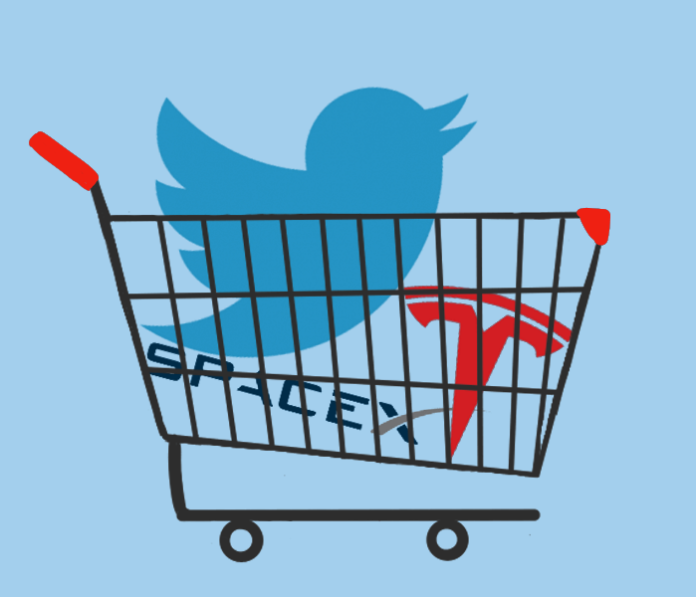Elon Musk’s acquisition of Twitter is proving detrimental to users and employees alike
By CLAIRE SCHAD — cfschad@ucdavis.edu
As you have probably heard, Elon Musk, the richest man in the world with a net worth of almost $200 billion, now owns Twitter. The Tesla and SpaceX founder has added to his portfolio the social media platform that has arguably the most direct line to political communication and makes its way into the hands of over 300 million monthly users around the globe.
With that much reach comes immense power, which Musk has used thus far to change the nature of Twitter. He plans to limit censorship and promote a platform that takes a maximalist approach to free speech. However, it remains unclear exactly what this will actually look like.
In the weeks since Musk’s ownership was solidified, the company has experimented with a subscription service called “Twitter Blue.” The idea is that users can opt in by paying $7.99 a month, giving them a blue checkmark by their name and access to other enhanced features, such as tweet editing.
In Musk’s effort to give more freedom and power to the users, the users did exactly what you might expect — they pushed the limits of that freedom. The initial rollout of Twitter Blue was problematic to say the least. There was a lack of identity confirmation required in the subscription process, resulting in people paying the fee, then claiming to be large corporations, politicians and celebrities.
One of the most amusing cases came from a user who impersonated Eli Lilly, a prominent manufacturer of insulin. In an attempt to mock the pharmaceutical conglomerate, a verified user took the name Eli Lilly and tweeted, “we are excited to announce insulin is free now.” The post was later removed but only after it racked up over 10,000 likes and 1,500 retweets. The impersonator’s tweet caused Eli Lilly officials to go into crisis mode as the cost of a share in the company dropped over $20 and reignited the public debate over rising costs of insulin. After the problems with the initial rollout, Musk announced that Twitter Blue would be pushed back until the end of November.
While the subscription feature certainly levels the playing field and provides an opportunity for anyone to draw attention to societal problems, it also creates an environment ripe for impersonation and misleading content.
I would argue, however, that the direction that Musk is taking Twitter is largely unsurprising. After all, who else but the richest man in the world would want to ensure that those who have the resources can pay their way to the top? Or in this case, pay their way to unchecked verified legitimacy.
The chaos of the Twitter transition has been hard to watch from a user perspective, but it is nothing compared to the interior havoc currently unfolding. Following widespread disapproval of Musk’s acquisition of the company, the tech giant decided to lay off half its employees.
Many of those laid off held roles such as content moderators and data scientists working to control misinformation on the app. After shrinking the company’s workforce in half, Musk put out an ultimatum that all remaining employees must commit to an “extremely hardcore” work environment and further limited the situations in which remote work would be accepted. To no surprise, this resulted in a mass exodus of many more employees.
Musk’s inability to work with those who are critical of his goals highlights his volatile personality. As he continues to create a toxic work environment at Twitter, the outside world is once again reminded of just how far you can get if you have the money.
While boycotting Twitter is something that might feel difficult for many, the least we can do is refrain from buying into any enhanced feature that Musk promotes. He has used his wealth and greed to put himself into a position where he can largely control the narrative around both himself and his financial interests, and his practices must be widely rejected by all. We must take a critical look at the dangerous amounts of power that society has allowed tech giants to amass. A fair and equitable society cannot prosper with the presence of unchecked billionaires.
Written by: Claire Schad — cfschad@ucdavis.edu
Disclaimer: The views and opinions expressed by individual columnists belong to the columnists alone and do not necessarily indicate the views and opinions held by The California Aggie.




